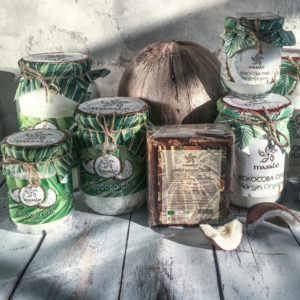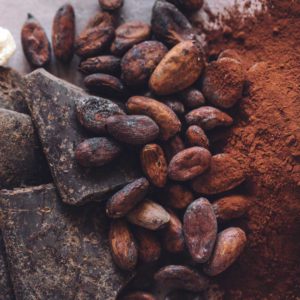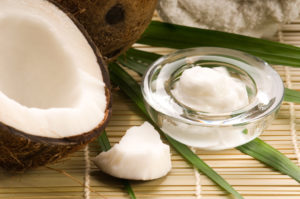Namaste!
Today we will talk about mustard.
Mustard translated from Hindi “vanarsi rai” means “wealth of Benares”. According to legend, Gautama Buddha, who was approached by a grief-stricken woman who had lost her son and begged for his return, ordered her to return to her native village and collect a mustard seed from each family in which at least one person had not been burned on the funeral pyre . When it turned out that there was no such family, the woman realized that death is an inevitable result for everyone who lives, and accepted her life as it is.
The homeland of black mustard is considered to be the Middle East, the Mediterranean and foothills of the Himalayas. For the first time, mustard is mentioned in documents written in Sanskrit.
In the time of Hippocrates, mustard was valued as an expectorant and antitussive, as well as a spice that improves digestion, excites appetite and silences the obsessive whisper of negative thoughts.
In Kabbalah, the mustard seed is one of the most important symbols of vital energy. In the Bible we can read: “If you have faith the size of a mustard seed and say to this mountain, ‘move from here to there,’ and it will move; and nothing will be impossible for you…”
They say that once the Persian king Darius sent a sack of sesame seeds to Alexander the Great as a challenge. The parcel was supposed to hint to the enemy about the countless number of soldiers in the Persian army. In response, Darius was sent a small bag of mustard seeds – in this way, Alexander reported that his army may be smaller in number, but it is much hotter in battle
The first recorded recipe for making table mustard dates back to 42 AD. e., its author is the Roman Columella. Only then white mustard seeds were mixed not with vinegar, as now, but with fermented grape juice.
In medieval monasteries, monks-mustardarius were often appointed, who had to prepare mustard for the general meal, and later – for sale. Then, in the Vatican, Pope John XXII introduced the position of mustard man – grand moutardier du Pape, and in some places in Europe – also at the courts of monarchs.
Currently, mustard is used all over the world in the food, confectionery, canning, soap, perfume and paint industries.
The natural antiseptic properties due to the specific chemical composition and the presence of essential oil allow it to be actively used in medicine.
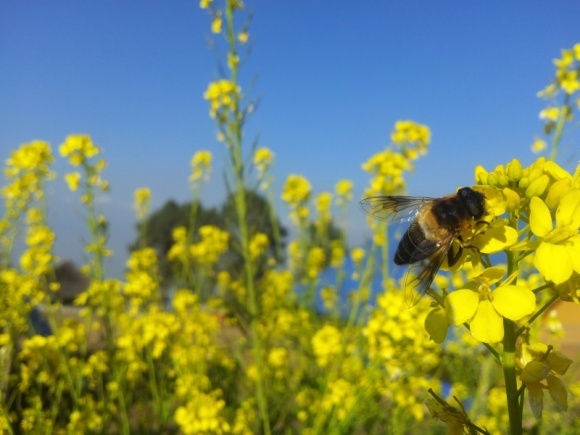
In addition, mustard improves the properties of the soil, due to the fact that 90% of its root system penetrates deeper than the arable layer and drains the soil layers well, increases its water permeability, suppresses diseases, the pathogens of which are contained in the soil. The root secretions of mustard contain organic acids, which, when interacting with the soil, are able to convert a number of elements of mineral nutrition into available forms for the next crop.
Also, mustard is a good honey crop. Mustard honey is pale yellow in color, and candied honey is creamy, has a piquant taste and a pleasant aroma.
This is such an ordinary-unusual little grain wealth of Benares!
